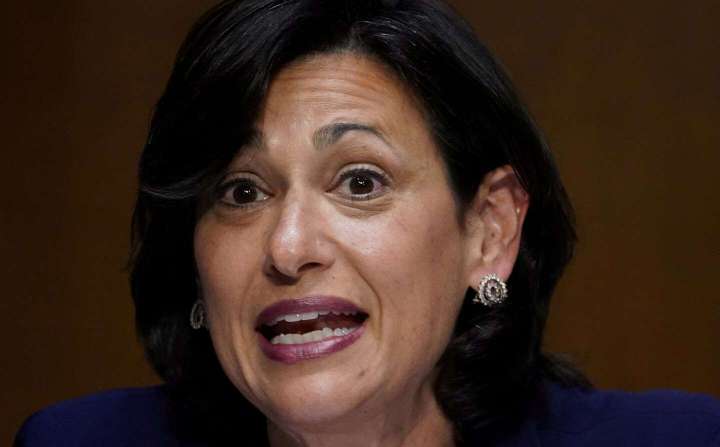Battered by criticism of its response to the covid-19 pandemic, the Centers for Disease Control and Prevention on Wednesday announced an overhaul. The director, Rochelle Walensky, correctly recognized that the agency must become more action-oriented, clear in messaging and better grounded in data and laboratory science. That is a start. But there are also larger, urgent questions about the nation’s public health system that cannot remain unaddressed if the country is going to fight the next pandemic more successfully than it has fought covid.
Changes at the CDC are just a start toward preparing for the next pandemic

“To be frank, we are responsible for some pretty dramatic, pretty public mistakes, from testing to data to communications,” Dr. Walensky told CDC employees in a video message about the pandemic response. The agency dropped the ball on developing an early diagnostic test for the coronavirus. Once a trusted source of public information nationally and globally, in the first year of chaos and confusion it went quiet under pressure from the Trump White House. Under the Biden administration — which promised competence and science-based policies — guidance and decision-making from the CDC on masking, isolation and booster doses have been repeatedly faulted as slow, opaque and confusing. A swift internal review ordered by Dr. Walensky concluded the agency needs to share its scientific findings and data more quickly; translate science into practical, easy-to-grasp policy; prioritize its public health communications practices; and respond with greater alacrity to public health emergencies.
Some fixes seem logical, such as rewiring the agency to expedite its scientific findings, creating incentives for experts to report promptly rather than hold back their papers for publication. Also, the agency must overcome its long-standing troubles with data-sharing and modernize its laboratories. Finding a way to deliver crystal-clear, action-oriented communications to the American people to protect their health should not be rocket science.
Along with the CDC’s own troubles, the pandemic response was hampered from the outset by White House meddling under President Donald Trump. Although Mr. Trump deserves credit for pushing to develop coronavirus vaccines, his attempts to play down the virus threat, mute the CDC and interfere with its work for political benefit caused unforgivable disruption. President Biden has vowed to rely on the science. But the pandemic response remains under a White House coordinator; shortly before monkeypox became an emergency, it, too, was put under a White House overseer. The goal should be for experts at retooled public health agencies to fight health crises, not politicians in the White House. And it should be clear who is responsible for doing what. The outfit run by the assistant secretary for preparedness and response at the Department of Health and Human Services is being elevated to a stand-alone agency, on par with the CDC and the Food and Drug Administration. The bridge on this ship is getting crowded.
The great challenge ahead is to prepare for the next pandemic and rebuild public trust. The country needs a national genomic surveillance system to monitor and alert experts to Mother Nature’s next curveball. It needs to fund public health up and down the line as if it is vital to national security, not an afterthought. Congress has already started dragging its feet on vital covid funding, even as the pandemic continues; this under-investment must stop. In short, the country needs to finally quit the cycle of public health panic and neglect, and it needs the CDC to be its very best.






